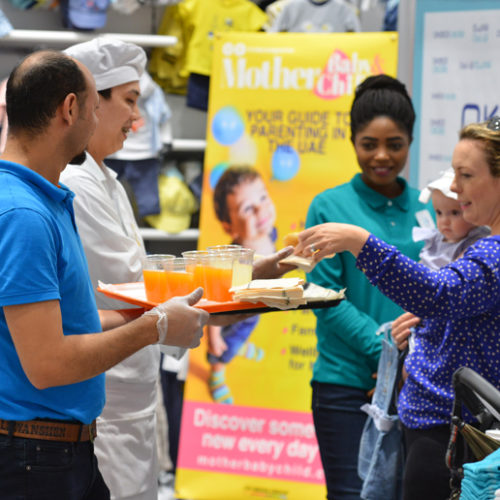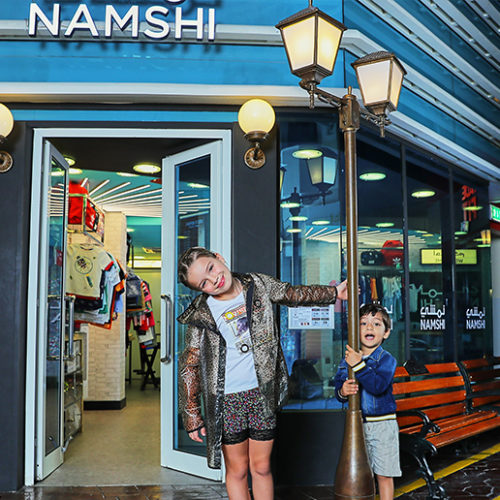Why any play is the right play

We look at the types of play and the positive effects they bring to young children.
Nalini Maistry is an occupational therapist experienced in working with children. Here she gives her insight into why all types of play are good for little ones’ learning. Jean Piaget, who was a Swiss psychologist known for his work in child development, explained that play is the work of children. Simply put, play is the most natural way for children to explore, learn and have fun.
Types of play
As children develop and mature, their play skills move through different stages to support their language, communication, social and emotional development. It is important to note that each child develops at their own pace and not all children may exhibit the same type of play at the same age. Let’s take a quick look at the various stages:
Unoccupied play
Unoccupied play takes place from birth to 3 months. During this time, babies make many movements with their arms and legs and learn more about their body.
Solitary play
Solitary Play is a form of playing that happens up to 2 years of age. At this stage, babies and toddlers will often play by themselves by giving themselves time to think and explore their environment and toys.
Spectator or onlooker play
Spectator or onlooker play is a style of play associated with toddlers around the 2 year mark. Children will often observe other children play but will not engage. They may use language to learn more about the play.
Parallel play
Parallel play is a developmental stage that happens between 2 and 3 years olds. Here, young kids will often play alongside each other with similar toys but will not interact with each other directly.
Associative play
Associative play is something that begins typically around 3-4 years old. Little ones play with each other, engage, talk, and trade toys.
Cooperative play
Cooperative play takes place from 4 years old and above. Children engage with each other, take turns and work towards a common goal.
Why play is essential
Play builds up the cognitive, physical, social, and emotional well-being of kids. Through play, children learn about the world and themselves, and also pick up the skills they need for study, work and relating to others. Play allows children to experience physical, sensory, and cognitive experiences which build connections in their brain, allowing them to build up their confidence, learn new things, feel happiness and flourish. Give your children time and opportunity for play and you will see all of their capabilities!
Image Credit: ShutterStock












Comments